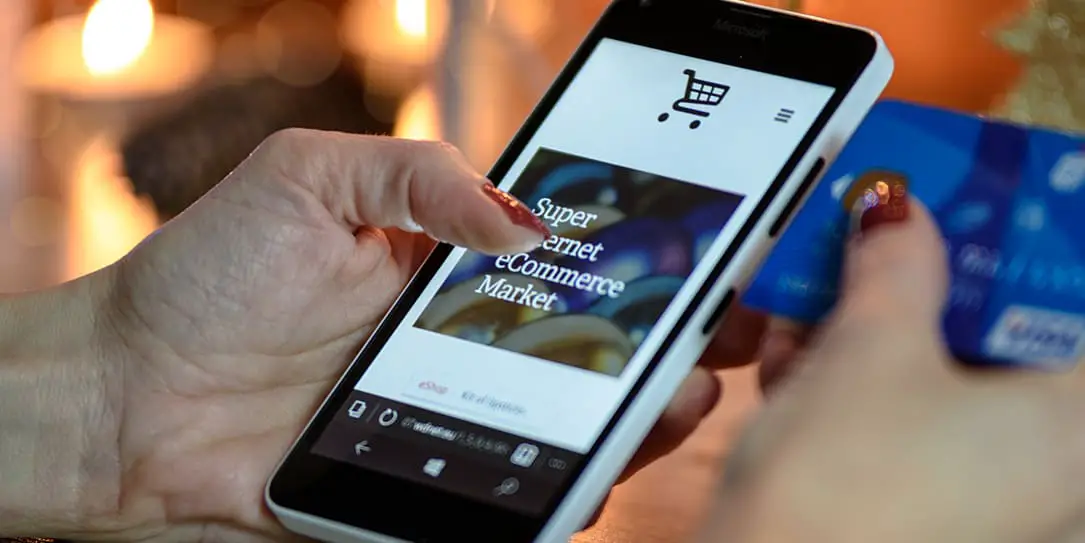The busiest shopping season is here, and cybercriminals are just as busy as bargain hunters. With the revenues from online holiday sales
One of the biggest threats during the shopping season is online phishing. Phishing victims usually receive emails that look like messages from legitimate online vendors, such as Amazon and eBay. These emails ask you to click on a link, which may, in turn, ask to submit the user’s personal information.
“Unsuspecting shoppers may believe they are on their vendor’s website, while they are actually on a fake site designed to extract their personal information,” said Ruby Gonzalez, Communications Director at NordVPN, a VPN service provider.
“Even though hackers are getting more and more sophisticated, it’s still possible to recognize that you are visiting a fake site. Be especially cautious if you have clicked on a link or button received through an email – a well-designed phishing email may feature the logo and the general look of your favorite brand. It may even lead you to a site that looks like the real one.”

The truth is, if a person is untrained in cybersecurity, a phishing email can easily lead them to share sensitive information willingly and expose themselves to hackers. NordVPN offers easy online security tips to avoid phishing attacks and stay safe online.
- Check the sender’s address: Don’t just trust the display name – pay attention to the email address. If the domain looks suspicious (e.g., info@secure.apple.com), don’t open the email.
- Look for spelling and grammar mistakes: Serious companies don’t usually send out emails with bad grammar and basic spelling mistakes.
- Take a look at the greeting: Your bank or another legitimate institution would often address you with your full name. If you see a vague “Dear user” instead, remain vigilant.
- Don’t click on links: instead, hover your mouse on the button to see the destination link. Check if it looks legitimate and, especially, if it contains the “https” part to indicate a secure connection.
- When in doubt: Contact your bank or other institution over the phone or alternative email address and ask to confirm if the email is legitimate.
For additional safety, use a VPN. Using a VPN when browsing can protect you against malware and phishing that targets online access points. These tips were brought to you by NordVPN, be sure to check out their website and see what VPN services they offer. For even more tips on secure holiday shopping online also check out this article by The Carlson Lawfirm.
Do you use a VPN? Have you been a victim of a phishing attack? Let us know in the comments below or on Google+, Twitter, or Facebook.
Last Updated on February 3, 2021.










